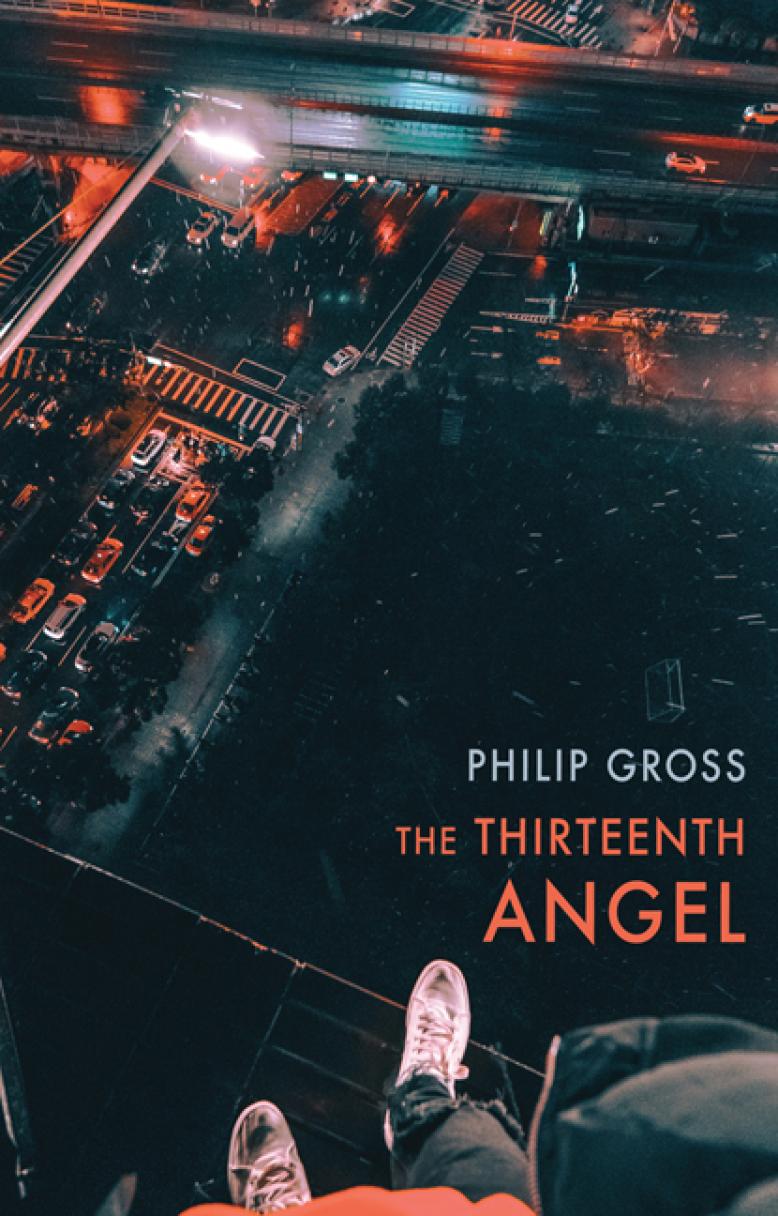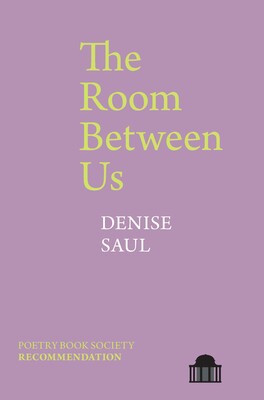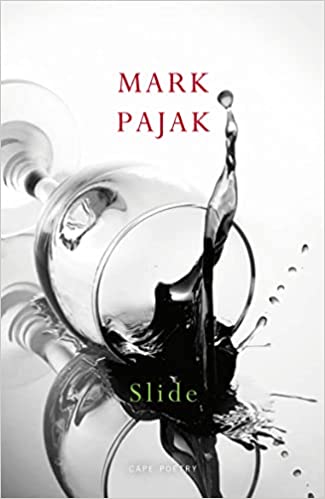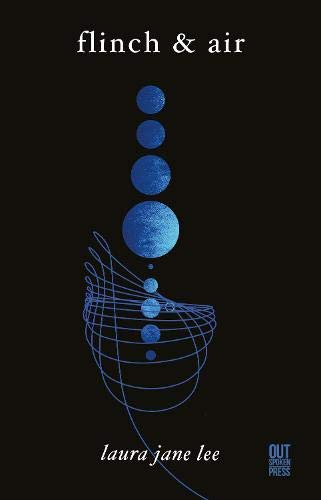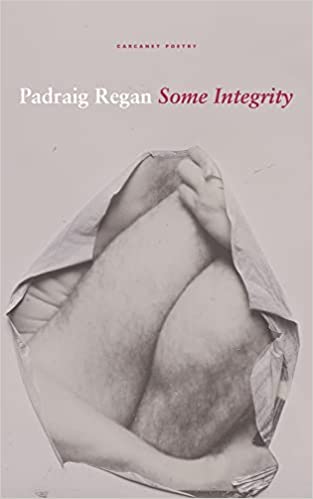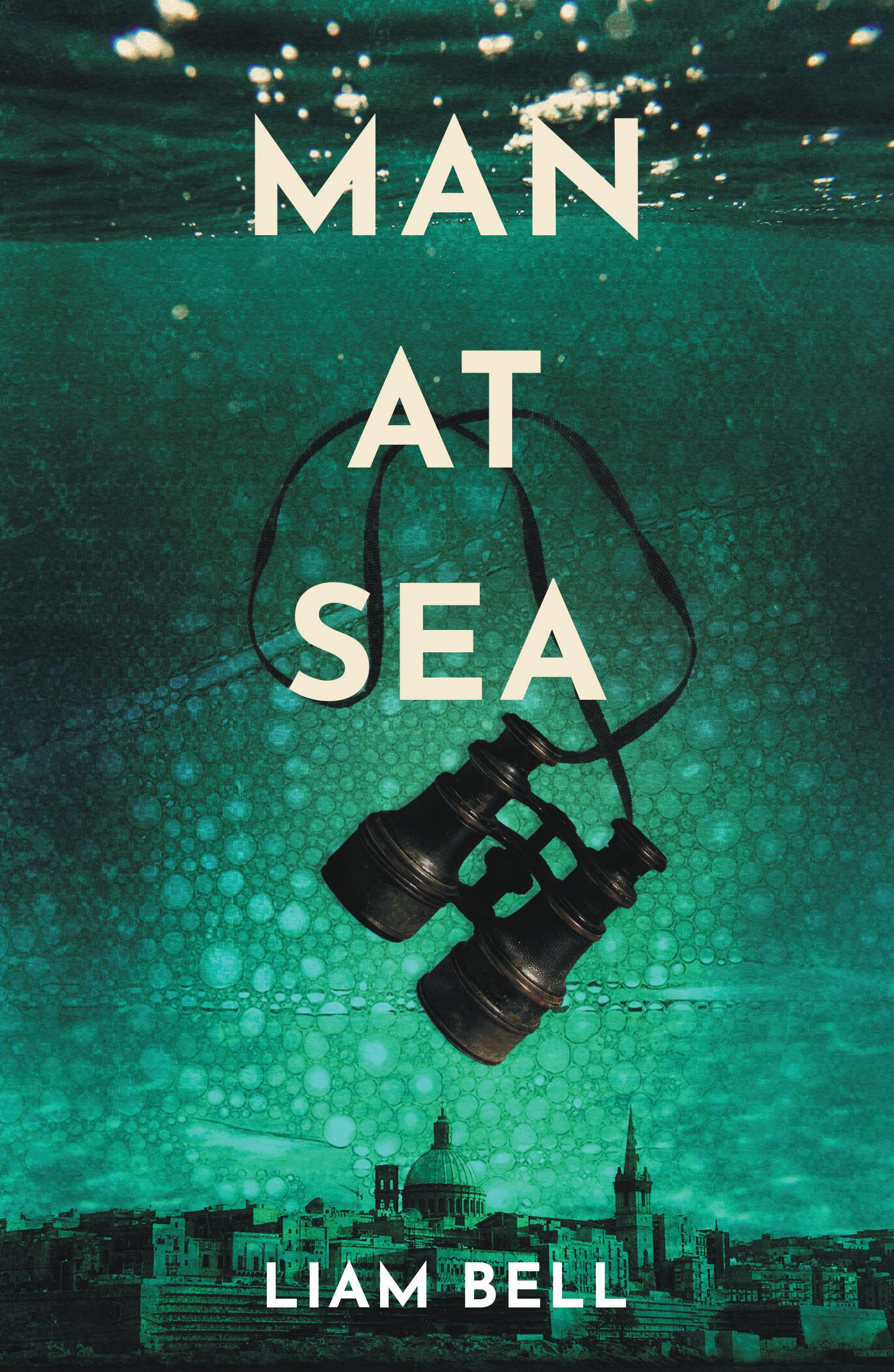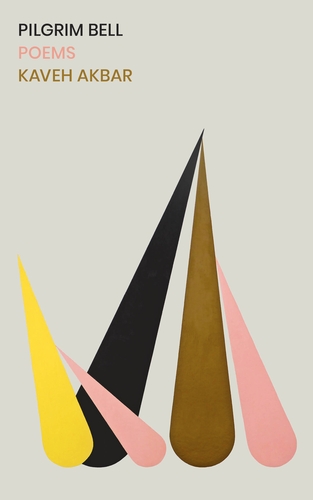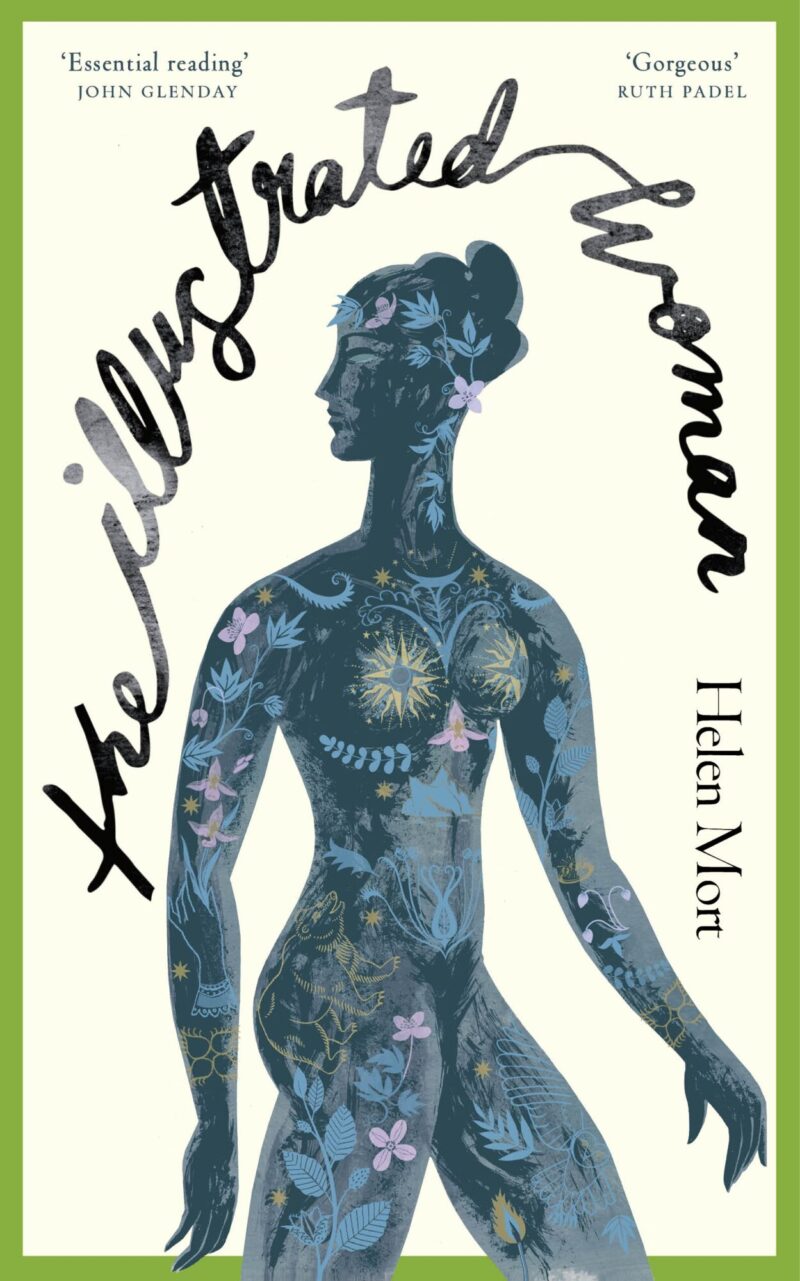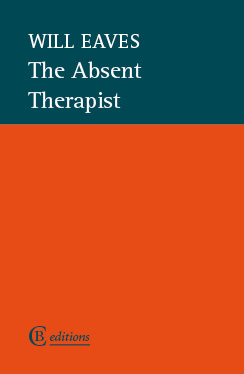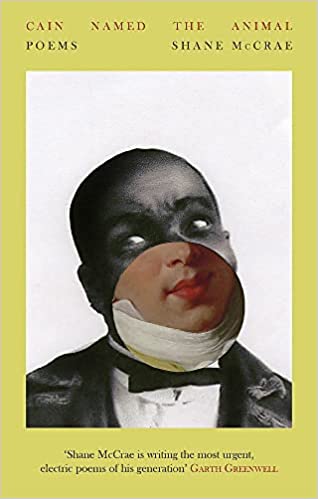The Thirteenth Angel (Shortlisted, TS Eliot Prize)
On opening, Philip Gross’s book immediately engages with its fragmented poetry layout. ‘Nocturne: The Information’ gifts the reader stanzas which are chopped up, seemingly disjointed on the page. Structure supports content, the corrugated stanzas echoing the front cover’s Blade Runner-esque landscape of blinking lights:

